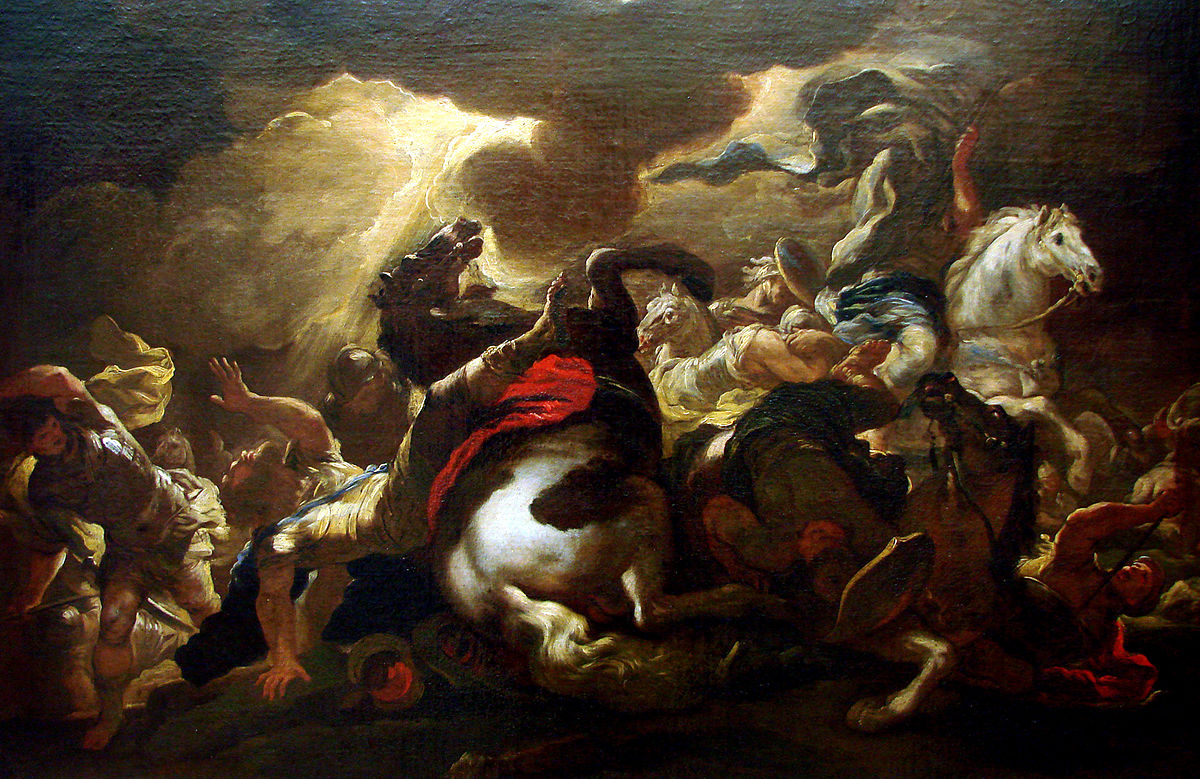4.10 Psychological Phenomena

Introduction
Being honest, which dot do you believe is larger? If you said the dot on the right, you’d be wrong Now, if you said the dot on the left, you’d also be wrong—Both central dots are the same size.
If you get 100 people, will they all say they’re the same size? Or are some convinced one is bigger than the other? This is what we call a delusion, when someone disagrees with the evidence in front of them. If you don’t sleep for three days and see a third set of dots then you are experiencing what psychologists call a hallucination.
Delusion
A delusion is a false belief held with the conviction that it is true in spite of evidence that invalidates its truth. E.g. A woman whose husband died 40 years ago refuses to accept his death despite having the death certificate, went to his funeral and can no longer see him. The technical definition from textbooks of a delusion is a “false belief based on incorrect inference about reality that is firmly sustained despite what almost everyone else believes and incontrovertible evidence to the contrary”.
Hallucination
A hallucination is a false perception of something that is not there. The grieving widow who believes that her recently deceased husband is talking to her may be experiencing hallucination, because she believes that she hears or sees something that is not really there. A technical definition of a hallucination is a “sensory experience such as seeing persons or objects, hearing voices, and smelling odors in the absence of environmental stimuli”.
Illusion
An illusion is a distorted perception of something that is there—It is a deceptive appearance. The grieving widow is tricked by her senses when she sees a man in the distance with similar mannerisms and appearance. This differs from hallucinations because she experienced a distorted picture of an object that is really there. Hallucinations is seeing something that isn’t there. A technical definition of an illusion is a “distorted perception that misrepresents external stimuli”.
So In Summary: delusion is false belief, hallucination is false perception and illusion is a distorted perception.
Sources for ‘Introduction’
- Delusion — (C. D. Campbell, “Delusion,” in Baker Encyclopedia of Psychology and Counseling, David G. Benner and Peter C. Hill, eds., 2d ed. [Grand Rapids: Baker], 1999).
- Hallucination — There are no properties outside of the mind having a direct correlation to reality in a hallucination. (I. Al-Issa, “Hallucination,” in Benner and Hill, eds., Baker Encyclopedia of Psychology and Counseling).
- Illusion — (M. P. Cosgrove, “Illusion,” in Benner and Hill, eds., Baker Encyclopedia of Psychology and Counseling).



0 Comments